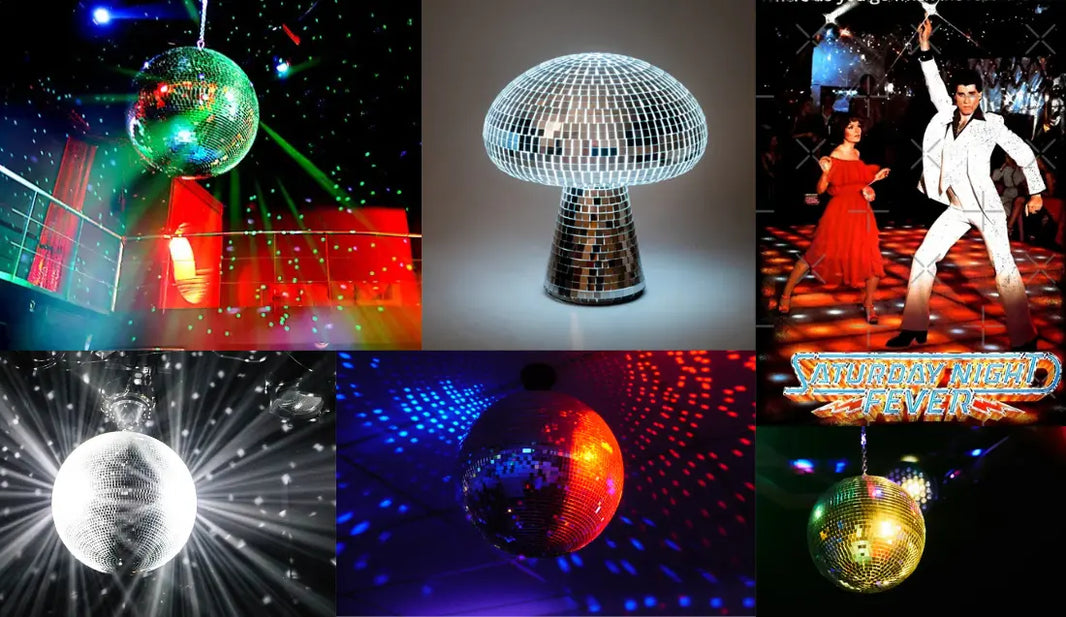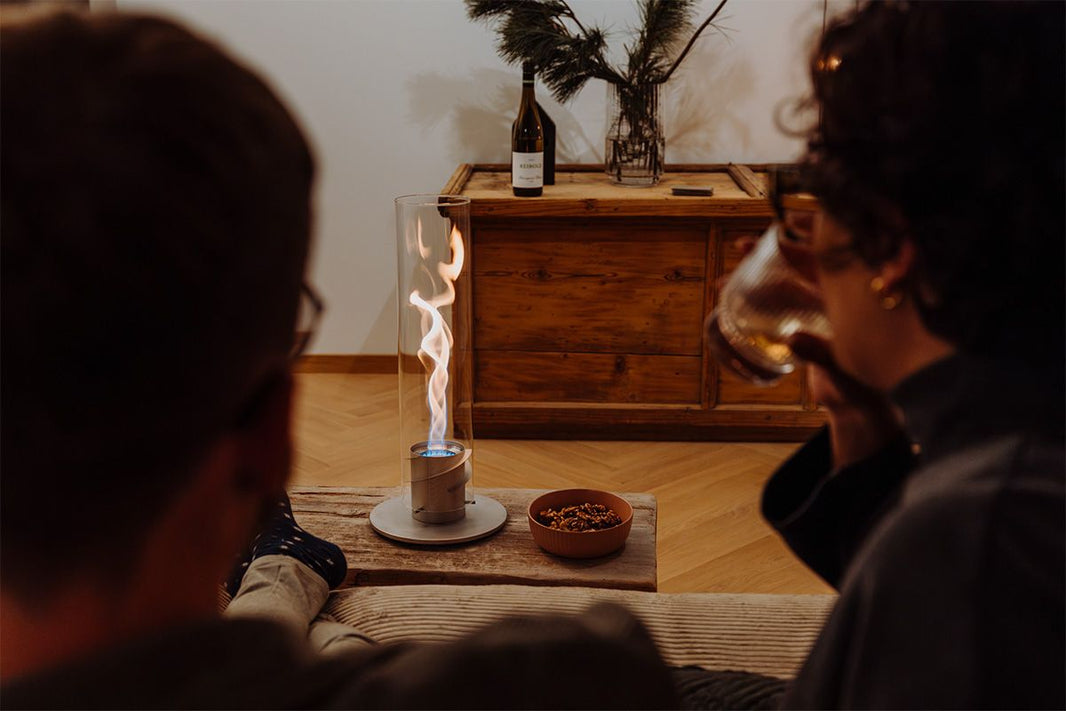Japanese New Year is a very traditional celebration, and very different from our New Year in Belgium. Forget the fancy dinners and alcohol galore, this is a quiet, peaceful family celebration, full of traditions to be respected, just as on other days of the year.
The date
New Year's Eve in Japan follows the Gregorian calendar, so it has nothing to do with the Chinese New Year. The passage of the year takes place on the night of 31 December!
Japanese terminology!
First of all, New Year's Eve, 31 December, is called "Omisoka". Until then, if you meet someone and want to wish them a Happy New Year, you say "Yoi o-toshi wo".
On 1 January, this changes to "Oshogatsu" and from then on, to wish someone a happy new year, you have to say "Akemashite omedetou gozaimasu".
Unlike in Belgium and France, people prefer to start wishing someone a happy new year at the very beginning of January. For example, all greetings cards are received on the dot on 1 January, thanks to the special end-of-year service provided by the Japanese post office - unbelievable!
In 2003, the record for sending greetings cards in Japan was reached, with 4.4 billion cards exchanged! A family can send up to 100 cards!
Housework
In Europe, we clean the house before receiving guests. In Japan, this is taken very seriously, as everything has to be in order for the new year, and the same goes for businesses and schools. The couple must settle their debts and clean their house thoroughly, as the lady of the house can no longer do these chores on the first 3 days of the year.
The meal
Since the lady of the house is not supposed to do any housework from 1 to 3 January, she doesn't cook either. So it's customary to eat the traditional dish called 'Osechi', which consists of vegetables, meat, seafood and fish, often marinated in vinegar. Many families buy the dishes directly from the supermarket or from a caterer, as they do here.
The evening
And off we go for a family TV night, watching variety shows and chatting about the past year!
Most Japanese will stay up all night and spend the evening in front of the television, starting at 7.15pm to be precise: it's the start of Kohaku Uta Gassen, a veritable institution in Japan that has been running for almost 70 years! This musical programme brings together all the stars of the moment. It's a must-see.
The temple
At midnight, after the vows, all the families usually gather in Buddhist temples or Shintō shrines for the first prayer of the year. There's no countdown, just 108 strokes of the bell (no mean feat!).
The Japanese draw lots for omikuji ( 御御籤 ), or "sacred lottery", a kind of divinatory message written on strips of paper hung in temples, which are chosen by drawing lots for one of the papers.
The Japanese are very fond of these messages, which are supposed to foretell the future.
Have a great New Year and see you in 2024!
Aurélia P.








